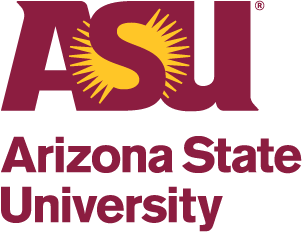A virtual work experience program is an online course that simulates what you would do at a company if you worked there day-to-day. These programs include cases of the actual tasks a professional would do with real customers and clients.
For learners, this provides a risk-free environment to discover different career paths and learn skills they would actually use in full-employment. Virtual work experiences typically take 3-5 hours to complete.
An example of a program is the Boston Consulting Group Strategy Consulting Virtual Experience Program. In this experience, students are tasked with doing tasks such as market research, data analysis and developing a client recommendation – things an actual consultant at the Boston Consulting Group would complete.
Virtual work experiences have been found to overcome some of the disadvantages of remote internships and work-integrated learning courses. For example, remote internships tend to consist of non-critical work to companies (such as working on social media marketing or data entry) and does not provide an accurate reflection of the work a professional would do (which in an industry such as consulting, would be doing hard technical & strategic analysis).
On the other hand, work-integrated learning programs are more academic and tend to explore soft theoretical questions about businesses. This allows students to take various conceptual lenses to analyse the elements of an organization or problem – but it does not help them upskill in tasks they would be expected to complete as an employee.
Virtual Work Experiences overcome these issues by being actually reflective of the challenging, but valuable, work professionals do.
Why do employers run virtual work experiences?
Employers, such as JPMorgan, General Electric and KPMG, run virtual experience programs to give educational and career opportunities to learners that they would not have been able to reach before. As virtual work experiences tend to be open-access due to their online nature, many programs are helping firms identify and find more diverse talent from different schools and backgrounds.
Furthermore, employers have also found that students that complete their virtual work experiences have more context and skills that make them valuable from day one. Some employers have found that in the interview process, learners who had completed these programs, we’re more likely to pass various employment screening stages.
Some employers directly reach out to learners in their virtual work experience programs and connect them with their recruiters.
These programs also help learners identify whether a potential career path is not for them. Program participants have learned various industries and career paths are not what they are interested in, saving them years of starting a career they would not have enjoyed or found passion in. For employers – this helps them find talent that is engaged and more likely to retain with them in the long run.
Over a million learners, from universities & community colleges all over the world and from different socio-economic backgrounds, have joined virtual work experiences and upskilled for real work. Fortune 500 companies, and top professional services firm, run virtual work experiences to the benefit of learners.


